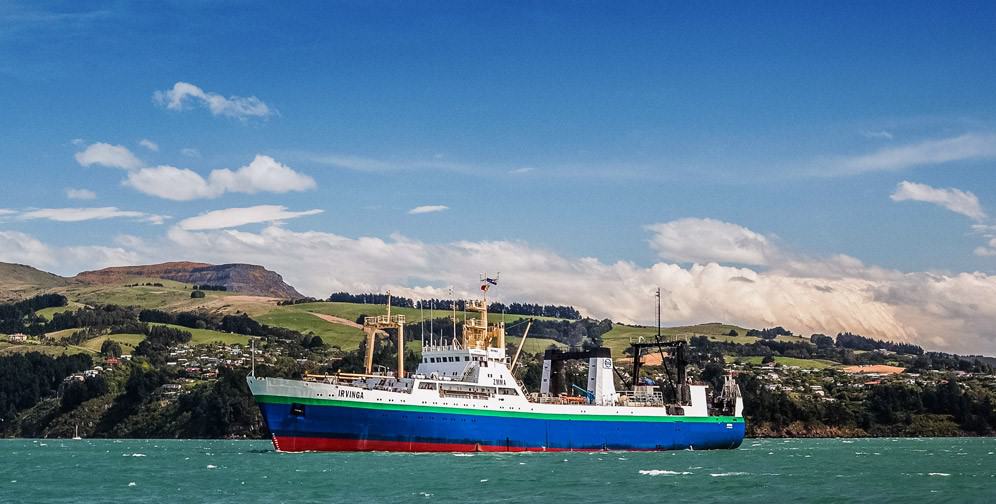The New Zealand Cabinet’s decision this week to allow foreign fishing crews to enter the country was a huge relief to companies that rely on this skilled labour to operate, industry body Seafood NZ said in a statement released on Friday
Immigration Minister Kris Faafoi announced on Tuesday that deepsea crew would have class exceptions for border entry, ending months of worry for the industry.
“The scale of the problem was significant … some NZ$725-million annually significant,” Seafood NZ said.
It noted that Independent Fisheries, one of New Zealand’s largest deep-sea fishing companies, had three vessels tied up at Lyttelton port in Christchurch.
No crews puts companies out of business
These were unable to fish because their Russian and Ukrainian crew had flown home at the end of their visa periods and replacement crew were unable to enter the country.
“This essentially put Independent out of business, cost tens of millions of dollars, and jeopardised the jobs of 450 land-based Kiwis in the wider industry,” Seafood NZ said.
It added that Sealord International, another local fishing company with a 50-year track record, was just a few weeks away from tying up a vessel as well.
‘Significant contributor’ to the NZ economy
In his statement announcing a relaxation of the tough border regulations currently in place, the Immigration Minister said: “Foreign deepsea fishing crew contribute significantly to New Zealand’s economy. The Government accepts that there are few additional Kiwis with the experience to safely work on these ships in the short term”.
However, the concession came with caveats, Faafoi emphasised.
The New Zealand fishing industry needed to move fast on its promises to the government to do more to encourage Kiwis into at-sea jobs, for example by way of a significant investment in training and education.
Company says it is ‘hugely relieved’
“Sealord is hugely relieved the Government has agreed to border exemptions that will allow foreign fishing crew to travel to New Zealand as critical workers,” Seafood NZ said.
“For them, that means their two New Zealand-flagged Ukrainian vessels can start fishing around the middle of November, once all 160 crew are in New Zealand and they have completed 14 days quarantine, which will be paid for by Sealord.”
Sealord’s Chief Operating Officer, Doug Paulin, said working at sea was inherently difficult, but not without its rewards. The company had always given “substantial effort” to recruiting Kiwis to fishing roles; however, additional initiatives would now bolster those efforts.












